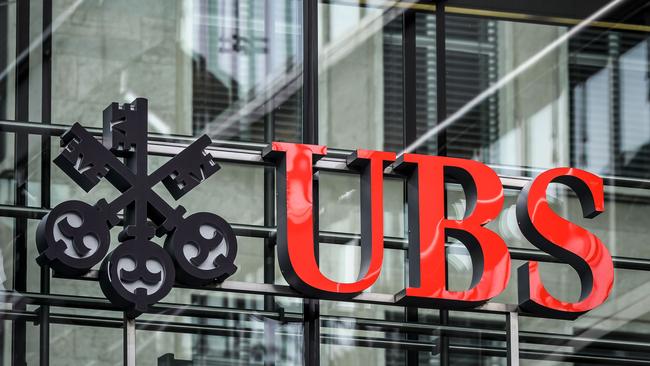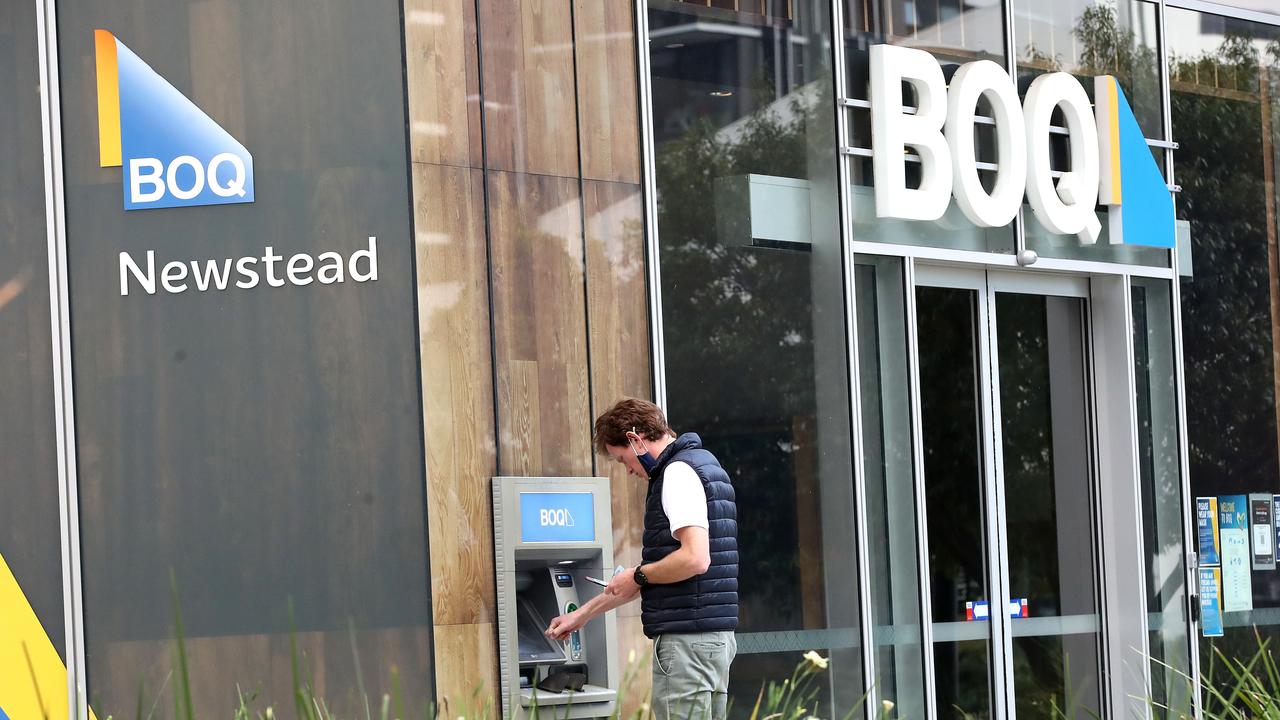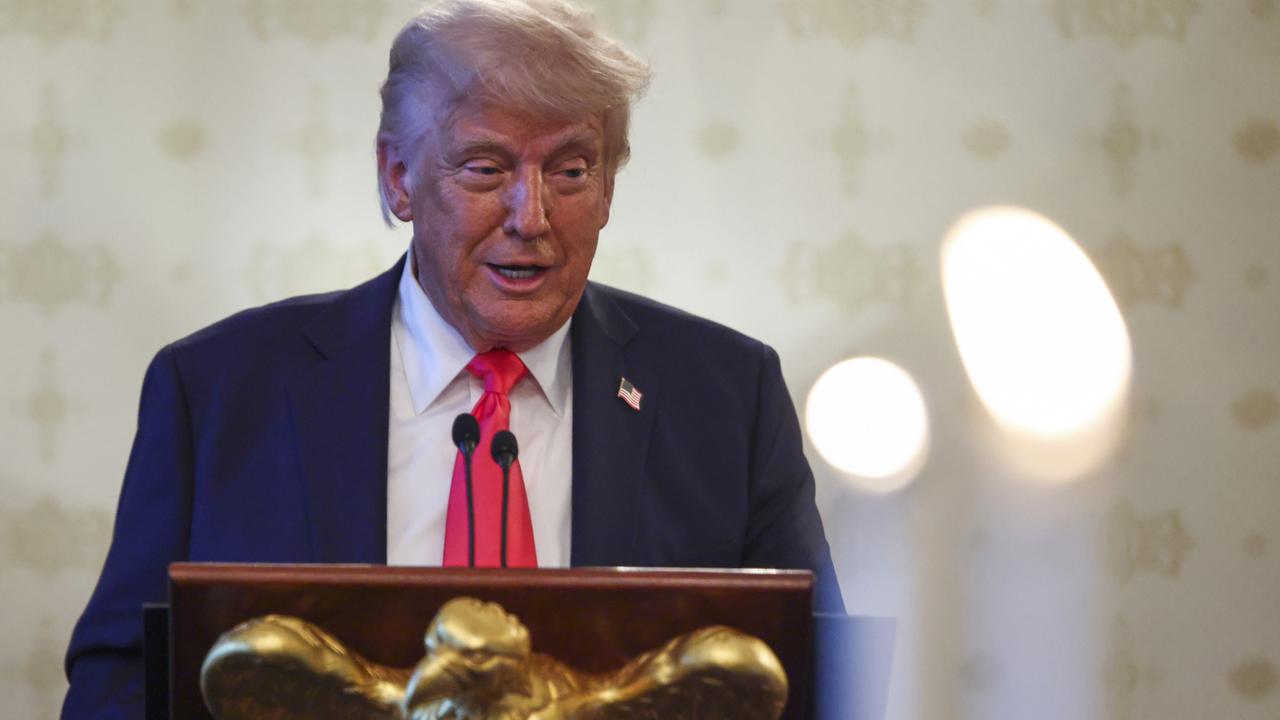UBS slammed by PNG inquiry, faces decade-long ban
The Australian arm of the Swiss investment bank overcharged the Pacific nation around $175m, was misleading and engaged in deceptive conduct, the commission of inquiry report concludes.

The final report from a Papua New Guinea inquiry into the $1.3b loan the government took out with UBS Australia in 2014 to buy Oil Search shares has slammed the investment bank’s conduct and recommended it be banned from doing work for the Pacific nation for a decade.
The report, tabled on Wednesday, found that UBS should be asked to repay the $175m – and interest – that it overcharged the PNG government on the offshore loan. It also found that “PNG and Australian authorities should consider whether civil or criminal sanctions should be sought” against the UBS Australian operations and the two bankers who worked on the deal, Patrick “Paddy” Jilek and Mitchell Turner.
The task of assessing whether further action be taking in Australia will be up to investigators from the Australian Securities and Investments Commission.
“UBS is solely responsible for overcharging and any misleading and deceptive conduct,” the report by former PNG chief justice Salamo Injia and retired Federal Court of Australia judge John Gilmour concluded.
Those bankers were at the centre of the February 2014 deal where UBS provided PNG with a loan which the state used to buy $US900m ($1.2bn) shares in ASX-listed Oil Search via a placement. The proceeds of that share issue were then used by Oil Search to buy a 23 per cent stake in PNG’s Elk Antelope project.
But a plunge in Oil Search shares triggered an effective margin call for PNG, plunging the state into a $400m loss on the deal. The commissioners noted that UBS’s failure to provide witnesses to the hearings “deeply disappointing”.
The commission of inquiry’s final report – delivered to the PNG prime minister James Marape on April 5 and tabled in the parliament on Wednesday – also found that UBS should be banned from working for PNG or any of its state-owned enterprises for 10 years.
The report also said Mr Jilek and Mr Turner should be banned from working for the state or any PNG state-owned enterprises for a decade. Former prime minister Peter O’Neill, the commission found, “was centrally responsible for the UBS loan” and “should be prosecuted for given false evidence to the commission and referred to the Independent Commission Against Corruption”.
The Australian arm of Norton Rose Fulbright, which was also involved in the 2014 transaction, was also the subject of scathing criticism.
“Norton Rose’s obstruction of the commission should be subject of disciplinary investigation in Australia,” the report read. “Their failure to give proper advise to the State should be further examined and the firm should be banned from doing work for the state or any state owned enterprises for five years.”
Like the Swiss investment bank, Norton Rose elected not co-operate with the commission.
The commissioners said this lack of participation was “surprising and disappointing”.
“UBS disagrees with statements made (Wednesday) in the Papua New Guinea Parliament in relation to UBS,” a bank spokesperson said.



